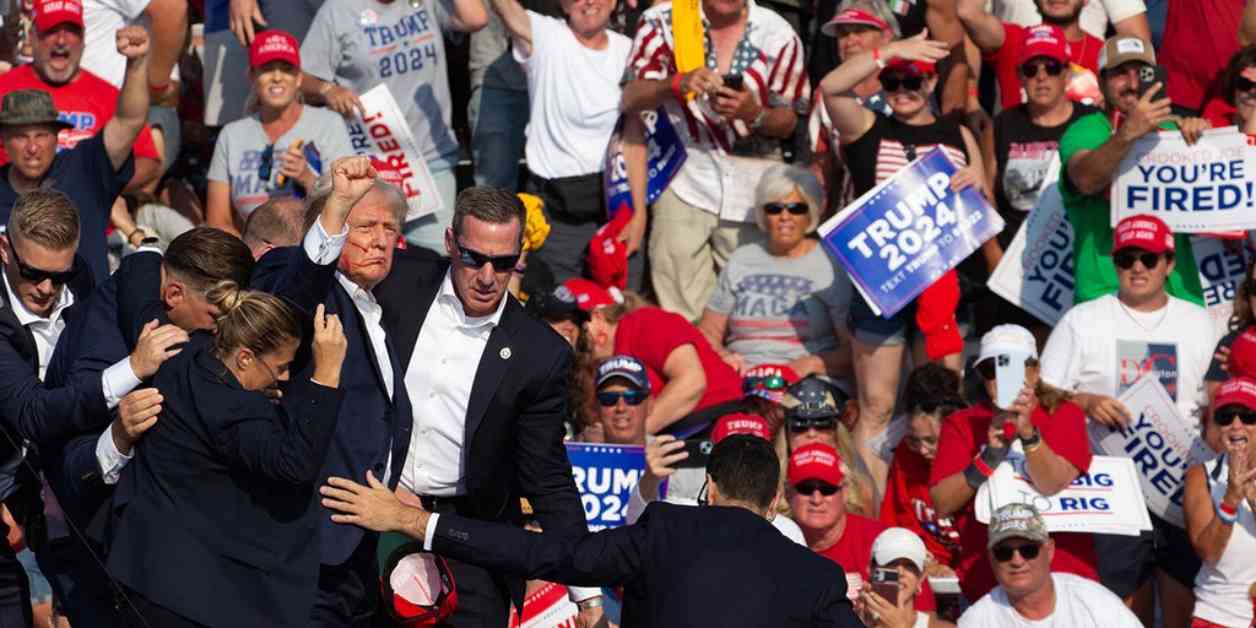The U.S. Secret Service has responded to a report that there were denied requests for increased security measures for former President Trump. The Secret Service mentioned that they rely on state or local partners to assist when they cannot fulfill certain security requests. This report comes after Trump was shot in Pennsylvania at a rally before the 2024 presidential nomination.
According to the Washington Post, officials in the Secret Service repeatedly turned down requests for additional security resources for Trump’s protection. These requests included things like magnetometers, more personnel for guest screening, and additional snipers. The Secret Service cited a lack of resources as the reason for denying these requests.
Despite denying specific requests, the Secret Service stated that they still try to find alternatives to ensure the safety of those under protection. This may involve working with state or local partners to provide specialized functions or other security measures. The agency emphasized that they work in a constantly evolving threat environment to keep their protectees safe.
In an upcoming interview with Fox News, Trump mentioned that he was never warned about the gunman who shot at him during the rally. He questioned how the gunman was able to get on the roof without being reported, despite people noticing his presence. Trump expressed his surprise that no action was taken even after members of the audience alerted security about the gunman.
This incident highlights the complex and challenging nature of security operations, especially in high-profile events like political rallies. The Secret Service plays a critical role in protecting public figures, and their collaboration with state and local partners is essential to ensuring comprehensive security measures are in place.
It is crucial for security agencies to constantly evaluate and adapt their strategies to address evolving threats and protect individuals under their care. The safety and security of public figures, especially during public events, require a multi-layered approach that involves coordination between various agencies and partners.


